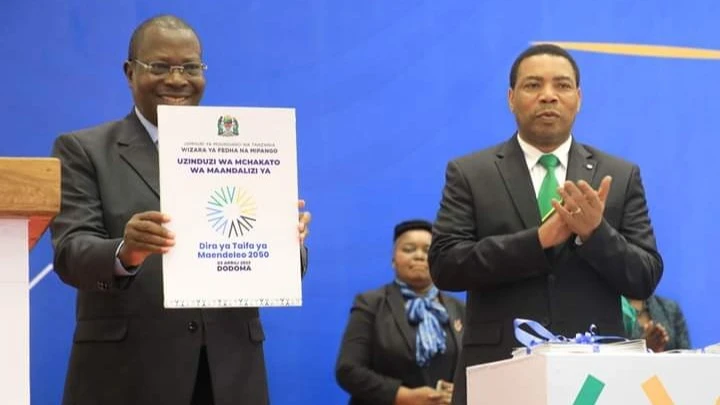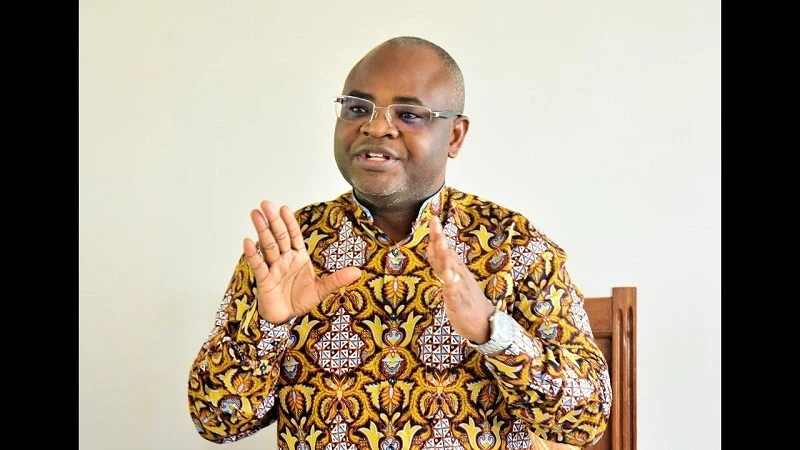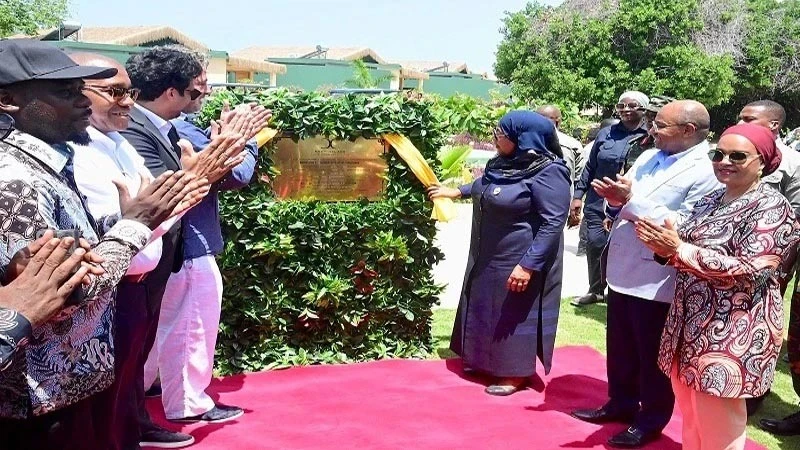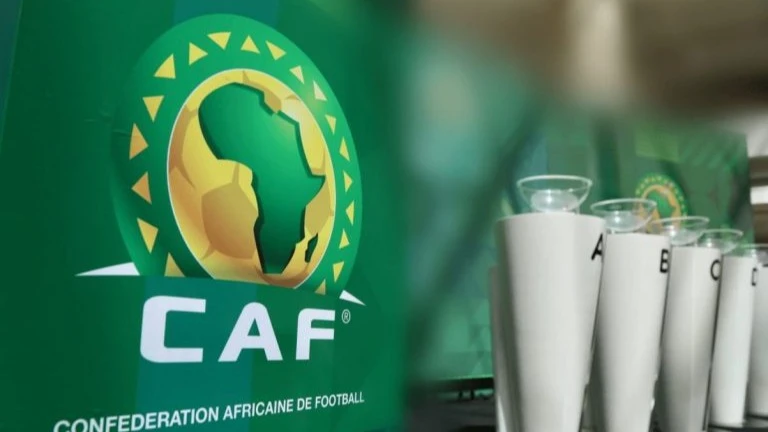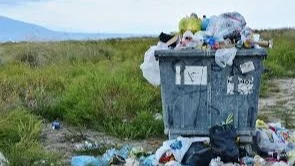Saving $600m per year with cuts in container charges shows PPP helps
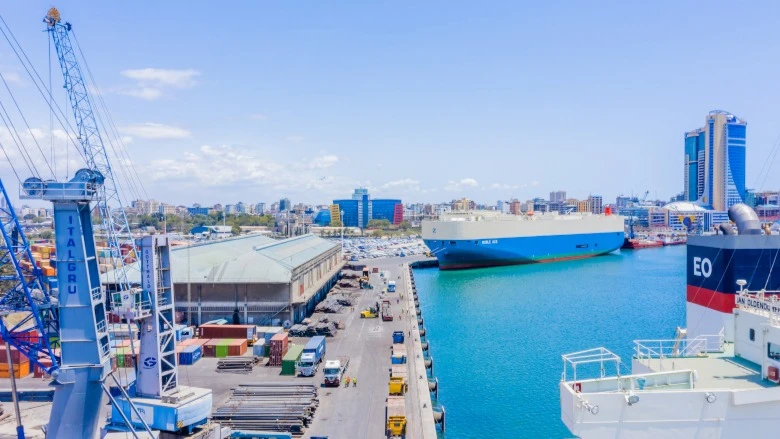
POLICY debate is unlikely to revisit the issue of public-private arrangements at the port of Dar es Salaam with reports of rather surprising positive outcomes, like saving upwards of $600m (1.5trn/-) at the end of one year of operations under the new port arrangement. This projection was commonly expressed by the chief executive officer for DP World (T) and the Middle East, as well as the port authority director general at a press conference on Tuesday. It shows that there is no statutory dispute on the result.
What this implies is that port inefficiency was costing the country upwards of 1.5trn/-in container extra charges alone, not counting lost business from port inefficiency. What we are getting are preliminary indications from the past four months of DP World presence as unveiled at a DP World and Tanzania Port Authority (TPA) press conference on what has been achieved in four months. It was clear from what was being said that the port of Dar es Salaam is increasingly competing with Mombasa port.
Earlier it was just marginally camouflaged that Dar port was no match for Mombasa, despite evasive evaluations from this side of the border. Even before the joint press conference summed up achievements over the past four months, a decision last week by Ugandan oil importing authorities to use the port of Dar es Salaam instead of Mombasa was a curtain raiser to what was happening. The portfolio minister in Uganda talked about a series of non-tariff barriers in oil imports, but what her remarks hid from view was that they still were using Mombasa despite all these complications, until now.
As four months is but the same as brick laying for some and foundation building for others, achievements noticed are open to interpretation as to what this signals for future scenarios in relation to efficiency and revenues. Only an upward curve is feasible in that situation, though a worst case scenario remains plausible that it flattens out within a short time, if a different sphere of inefficiency crops up after plenty of successes. Thus the 1.6trn/- dividend is likely to be surpassed as more countries beef up their use of Dar port, and investment growth tied to the wider business environment climbs too.
Still the strategic dividend is less the income yield from cuts in container charges and uptake of port use by wider business interests even across borders, but the credibility of the public-private partnership model in vital economic lifelines. There was an overdose of nationalism in how the port engagement was being viewed, and at the time any such projection of savings was being seen as propaganda to make the deal ‘sweet.’ Now it is genuinely possible public opinion will be less forbidding in PPP initiatives, easing up.
Still, as politics is about fault finding, there is no doubt that these achievements will have a strategic input in the psychological framework of political debate, modernizing its terms and reevaluating its expectations. The net result is likely to be a ‘clean bill of health’ for the 4Rs, when people visibly see that they work, the business environment improving noticeably. That is good news for policy cohesion, even for the next polls.
Top Headlines
© 2025 IPPMEDIA.COM. ALL RIGHTS RESERVED






